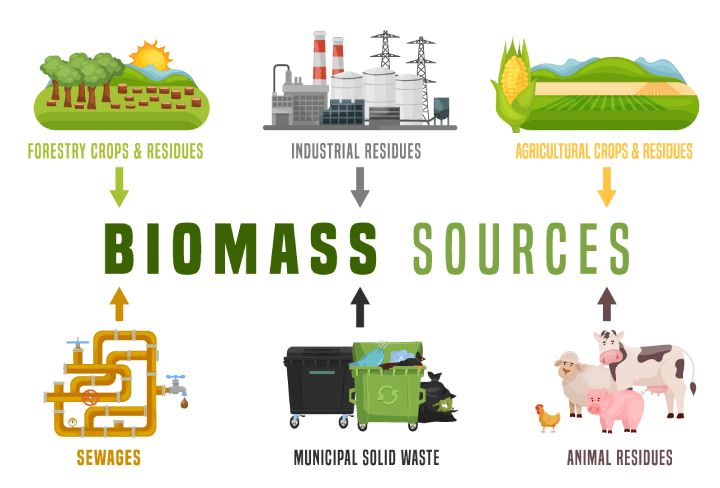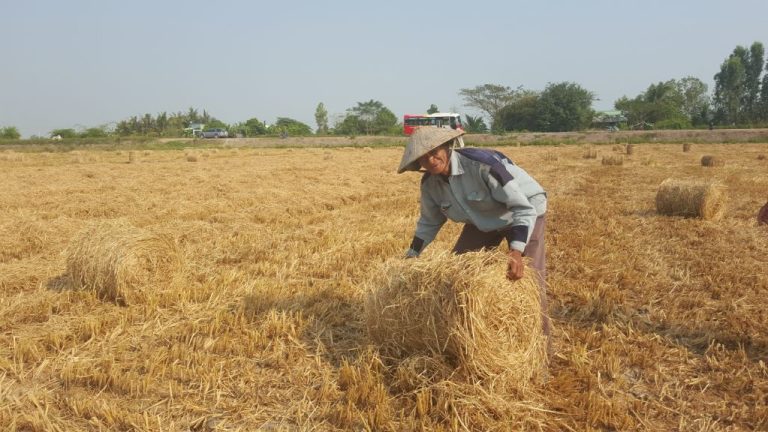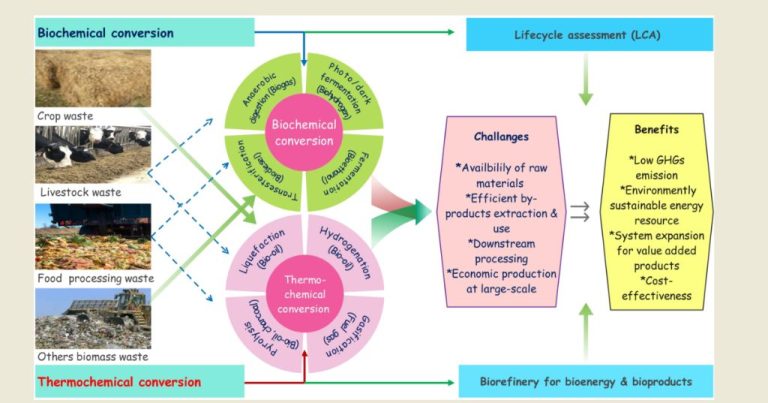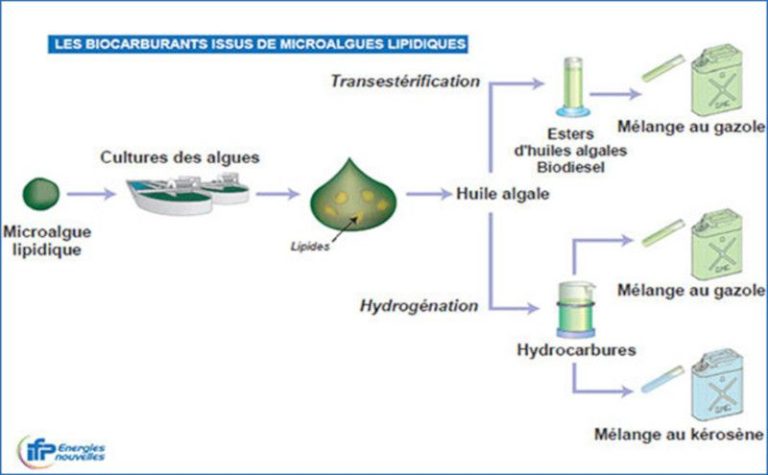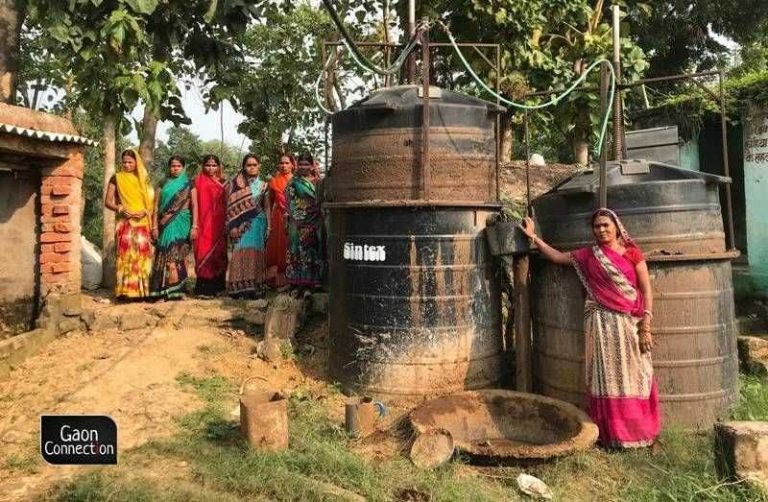What Is The Major Controversy Around Using Bioenergy?
Bioenergy refers to energy derived from organic matter, or biomass, that can be used for heat, electricity, or vehicle fuel. Biomass resources include agricultural crops and residues, forestry products and residues, organic waste, and dedicated energy crops.
Bioenergy offers several potential environmental benefits compared to fossil fuels. Since biomass absorbs carbon dioxide as it grows, there is potential to reduce greenhouse gas emissions if the biomass is harvested sustainably. However, there are also concerns about the sustainability and carbon emissions of some forms of bioenergy.
There is debate around bioenergy’s role in a low-carbon economy. Policymakers, energy companies, environmental groups, and scientists do not agree on whether bioenergy use should expand or be limited due to differing views on its sustainability and climate impacts.
Sustainability Concerns
One of the major controversies surrounding bioenergy is the sustainability of its production and use. There are concerns that the rapid expansion of bioenergy, especially first generation biofuels, could lead to unintended environmental and social consequences, such as accelerated deforestation and land use changes.
The sudden spike in demand for biofuel feedstocks like corn, sugarcane, soybeans, and palm oil has led to increased pressure for agricultural land. Critics argue this could directly or indirectly lead to deforestation and the conversion of grasslands and peatlands to grow these crops. Converting natural ecosystems into large-scale monoculture plantations destroys vital biodiversity, threatens endangered species, and releases substantial amounts of stored carbon.
There are also concerns that bioenergy production competes for fertile land and resources needed to grow food. As bioenergy demand rises, it could potentially divert crops, land and water away from food production, resulting in higher food prices and food insecurity, especially in developing countries.
Food vs Fuel
One of the major concerns surrounding biofuels is the conflict between using crops like corn and sugarcane for fuel production versus using them for food production and global food security. There is a finite amount of arable land available, so increased production of biofuel feedstocks reduces the land available for growing food crops. Many experts argue that growing crops for fuel contributes to higher global food prices and shortages in some regions. Using food crops for fuel means less food available for human and animal consumption, forcing reliance on other regions for supply. This dynamic has played out in recent years as more corn, soy and sugarcane has been diverted from global food supplies to produce ethanol and biodiesel, contributing to spikes in food prices.
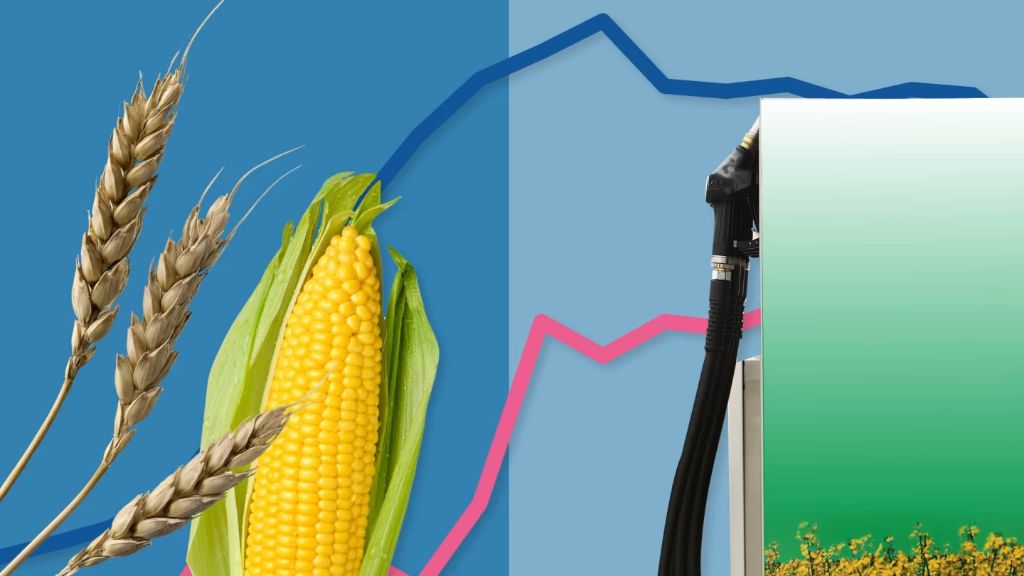
Carbon Emissions
There is vigorous debate surrounding the net carbon emissions resulting from bioenergy production and use. On one hand, bioenergy from plant biomass can be considered carbon neutral, since the carbon released during combustion is carbon that was absorbed from the atmosphere during plant growth. This makes bioenergy an attractive option for reducing fossil fuel use and mitigating climate change.
However, some analyses have found that when you account for the carbon costs associated with growing, harvesting, and processing the biomass, as well as any land use changes, the net carbon benefit is diminished or reversed entirely. Converting forests or grasslands to grow bioenergy crops can release carbon stored in soils and vegetation. The time lag before newly planted crops absorb an equivalent amount of carbon means bioenergy use can increase net carbon emissions, especially in the near term.
There are also concerns that increased demand for biomass could cause indirect land use changes in other locations, displacing food crops and resulting in the conversion of non-agricultural lands to replace lost production. This chain of events could greatly increase the carbon footprint of biofuels.
Much depends on the feedstock, land use history, cultivation practices, and processing methods. Advanced biofuels produced from waste biomass generally provide greater carbon savings than conventional biofuels from food crops. But the debate continues around optimal bioenergy policies to reduce net carbon emissions.
Air and Water Pollution
The production and use of bioenergy can lead to increased air and water pollution in some cases. Burning biomass fuels like wood, agricultural residues, and waste emits air pollutants like particulate matter, carbon monoxide, sulphur oxides, nitrogen oxides, and volatile organic compounds. These can contribute to smog, acid rain, and health issues if not properly controlled. Modern biomass power plants use various technologies to limit emissions, but pollution can still be a concern, especially in developing countries.
In terms of water pollution, there is concern that increased fertilizer and pesticide use for bioenergy feedstock production may contaminate water resources.Processing biofuels like ethanol also uses significant amounts of water which gets polluted and needs to be treated or safely disposed of. Proper mitigation measures need to be adopted to prevent contamination of local water bodies from discharges. Sustainable practices like precision agriculture, water recycling, and pollution control requirements can help address these issues.
Government Subsidies
One major controversy around bioenergy production involves government subsidies. Many countries have implemented subsidies, tax credits, and other incentives to encourage the growth of their domestic bioenergy industries. The intention is to boost renewable energy and reduce dependence on fossil fuels. However, critics argue that these subsidies distort energy markets and allow bioenergy producers to make a profit even when it may not be economically viable otherwise.
For example, corn ethanol producers in the United States have received billions in federal subsidies over the years. The 2005 Renewable Fuel Standard mandated blending ethanol into gasoline, further driving demand. But some studies have shown that corn ethanol may require more energy to produce than it yields. Subsidies allow the industry to continue expanding, despite questions around its sustainability.
There are also concerns that subsidies divert crops like corn and sugarcane away from food production, contributing to higher prices. Removing subsidies could reduce incentives to use food crops for fuel rather than food. On the other hand, subsidy supporters argue they are necessary for the bioenergy industry to mature and achieve economies of scale to become more competitive over time. There are good-faith arguments on both sides of this complex issue.
Advanced Biofuels
While first-generation biofuels like corn ethanol and soy biodiesel have faced criticism, advanced biofuels show potential to address many of the concerns surrounding bioenergy. Advanced biofuels are made from non-food feedstocks like agricultural residues, municipal solid waste, algae and other cellulosic materials. They can deliver much higher greenhouse gas reductions compared to traditional biofuels.
Cellulosic biofuels in particular may offer benefits such as using marginal lands unsuitable for food production, requiring less fertilizer and pesticides, and utilizing waste materials. They also alleviate the food vs fuel dilemma. Companies are investing in new conversion technologies to produce affordable advanced biofuels.
However, production costs are still higher than conventional biofuels. More research and development is needed to improve efficiency and scale up production. Policy incentives can help accelerate commercialization of advanced biofuels that are environmentally and economically sustainable.
Certification Standards
There has been progress in developing certification schemes to ensure the sustainability of bioenergy production and prevent some of the major controversies associated with it. These certification standards aim to provide oversight and accountability around biofuel production practices.
One of the most widely adopted certification schemes is the Roundtable on Sustainable Biomaterials (RSB). The RSB has a set of principles and criteria that biofuel producers must meet to receive certification. This includes requirements around greenhouse gas reductions, protection of land with high biodiversity or carbon stock, sustainable water use, and more. Companies that receive RSB certification can assure buyers that their biofuels were produced sustainably.
The International Sustainability and Carbon Certification (ISCC) system is another prominent certification program used in Europe. Like the RSB, it sets sustainability requirements for biofuel feedstock cultivation, processing, and transportation. The ISCC audits facilities and verifies compliance across economic, ecological, and social sustainability metrics.
While the uptake of certification schemes is increasing, there are still many uncertified biofuel producers globally. More widespread adoption of sustainability certification standards can help address some of the major environmental and social concerns surrounding bioenergy. Systems like RSB and ISCC aim to provide oversight and prevent irresponsible practices.
Stakeholder Perspectives
The controversy around bioenergy involves many different stakeholders who hold a range of perspectives. Here is a look at some of the key viewpoints:
Industry: Bioenergy companies argue that biofuels are essential for energy security, reducing reliance on fossil fuels, and supporting rural economies. They believe criticism of biofuels is overblown and that new technologies are making bioenergy more efficient and sustainable. However, some acknowledge improvements need to be made in agricultural practices to enhance sustainability.
Scientists: Researchers have raised concerns about the carbon emissions, pollution, and land use changes resulting from some bioenergy production. Some scientists are developing new bioenergy feedstocks and processes to improve sustainability. Others advocate for stricter sustainability certification standards.
Policymakers: Governments aim to balance bioenergy’s pros and cons while supporting national climate and renewable energy goals. Policies like fuel mandates and subsidies are controversial, with adjustments made over time. Policymakers face pressures from both the bioenergy industry and environmental groups.
Finding consensus among these stakeholders remains a challenge. While perspectives differ on how to address the issues, there seems to be growing agreement that increasing bioenergy sustainability should be a priority.
Conclusion
The major controversy surrounding the use of bioenergy stems from concerns around its sustainability and environmental impact. While bioenergy offers a renewable energy alternative to fossil fuels, its rapid expansion has raised questions around its lifecycle carbon emissions, as well as its potential to compete with food production and lead to deforestation. Critics argue that first-generation biofuels made from food crops offer limited emissions reductions and contribute to food price spikes. There are also concerns around air and water pollution from some bioenergy facilities.
However, the bioenergy industry counters that new certification standards and second/third-generation biofuels using agricultural waste can deliver increased sustainability. Advanced biofuels may offer greater potential, but are not yet commercially viable at scale. Overall, the sustainability impacts of bioenergy are complex, often depending on local factors like land use changes and feedstock used. More research is needed to provide definitive conclusions around the ideal future role of bioenergy as part of a low-carbon energy transition.
With careful policies and oversight, bioenergy can likely play a constructive role in reducing dependence on fossil fuels. But its growth should be strategic and in balance with food security and conservation priorities. Continued innovation will be key to unlocking more sustainable advanced biofuel options.

